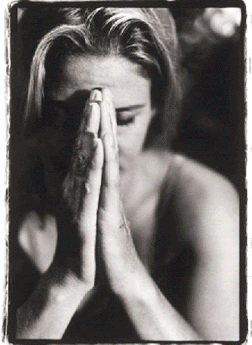
Back to ECPO Home Page
Back to Victim-Witness Office Home Page
1.800.799.SAFE (7233)
1.866.331.9474 / Text: LOVEIS (77054)
1.877.847.7432
1.973.230.7229
Wynona’s House
1.973.753.1110
Family Service League
1.877.733.CARE (2273)
c/o Jewish Federation of Greater
Metro West of New Jersey
1.973.929.3064
Text: "BeFree" or 233733
Office of Victim-Witness Advocacy
1.973.621.4687
1.973.621.4700 (njecpo.org)
|
Information by Crime Assault Child Abuse Corruption Cyber-Crimes Domestic Violence Financial Crimes Gang Violence Hate Crimes Homicide Juvenile Crimes Property Crimes Sexual Assault ABOUT US F.A.Q. |

Common Responses After Traumatic Events
Post Traumatic Stress Disorder (PTSD) -- PTSD is a mental health condition that can be caused by any kind of deep emotional and, in some cases, unanticipated trauma. People who experience PTSD often feel shattered-like they will never feel normal again-and different from everyone else. Emotional numbness and withdrawal -- The pain and horror of the crime may be too intense and the people around you probably don't understand what's going on inside you. Sleep disturbances -- Dreams, nightmares, and insomnia are frequent following trauma. Flashbacks and "trigger events" -- Certain sounds, smells, situations, images, or stories can act as triggers that take you back to the crime you encountered. Depression -- Depression can leave you feeling sad and exhausted making it hard for you to engage in such simple activities as getting out of bed, bathing, and eating. It's not uncommon to experience a sense of helplessness, hopelessness or even feel suicidal. Loss of interest in physical and sexual intimacy -- Lost interest in physical and sexual connections with others is common after trauma. Faith Crisis -- Trauma can challenge and compromise your spiritual beliefs. You may wonder how God could allow this catastrophe to happen to you. Questioning belief systems is very common among survivors of violent crime. Your anger may not be displaced and can be part of your search for a new understanding. Hyper-vigilance -- If you have experienced sleepless nights in which you have to get up and "do something" or find yourself having a hard time sitting still then you maybe hyper-vigilant. Your mind and body want to stay alert to any possible threat, real or imagined. Using drugs or alcohol as a means of escape -- The stress and anxiety following a violent crime can be overwhelming. You may be tempted to turn to substances as a means to relax and receive some short-term relief from PTSD. However, alcohol and illicit drugs tend to numb you to your reality and can make the healing process even more difficult. Reprinted with permission from Helga Luest, Witness Justice Rockville, Md. (For more information, please visit www.witnessjustice.org) Other Sources: Association of Traumatic Stress Specialists (www.atss.info); American Psychological Association (www.apa.org) |
